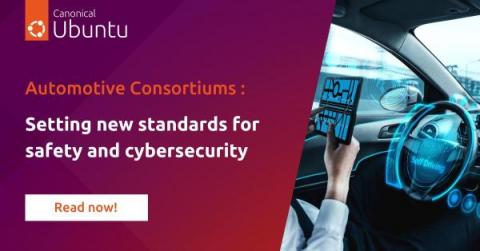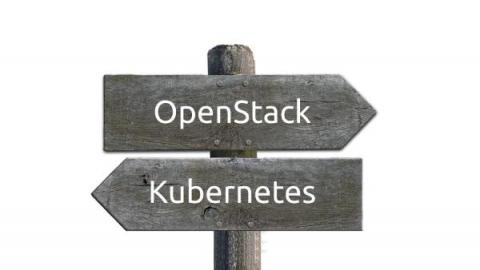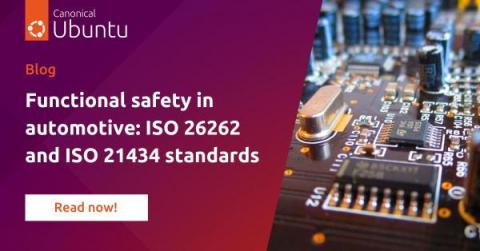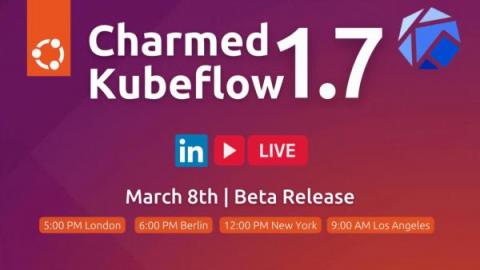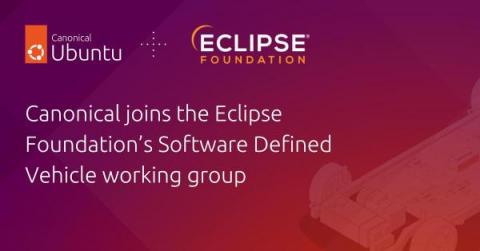Canonical joins the confidential computing consortium
Canonical is committed to enabling Ubuntu users to leverage the strong run-time confidentiality and integrity guarantees that confidential computing provides. That is why we are happy to announce we have joined the confidential computing consortium, a project community at the Linux Foundation that is focused on accelerating the adoption of confidential computing and driving cross-industry collaboration around relevant open source software, standards and tools.



